|
September marks the start of a new academic year and as such it’s an important time for many of us. After spending months with relatively little structure over the summer, it can be difficult to get back into the flow of following a more rigid school schedule. This blog post highlights some strategies you can implement to re-establish your momentum.
0 Comments
(Well, that’s if you’re in Y13 or 11)
If you’re like me and have just finished Y12 you can continue enjoying every morsel of freedom you have this summer, while you still can… By now, most Year 12 students would have completed their final set of mocks before Year 13 and are beginning to think about UCAS, personal statements and applying to uni. For many of us, these mocks provide significant evidence for what our performance in a year’s time could look like and constitute much of our predicted grades which will ultimately determine what we’ll be doing in September. Naturally, this is a very stressful time and while your mocks might have gone incredibly well, I’d like to share some thoughts for those who aren’t feeling so great about the outcome.
The joys of sixth form/college are numerous; there’s something undoubtedly refreshing about having the autonomy to choose what, how and (for the most part) when you study. But, with this increased independence comes responsibility and it’s important to utilise the time you have, especially if you haven’t started Y13. So, today we’re going to take a closer look at one of the biggest changes you’ll encounter while shifting from secondary to A-level education: free periods.
A-levels, GCSEs and summer exams are quickly approaching. This means it would be a good idea to get some quality revision done over the coming weeks. This blog post is all about helping to get you started so that you can revise effectively and efficiently – a key part of doing well in exams. Before you read this, it would be worth reading an older Push blog that has an excellent list of time management apps (these will come in handy for helping to keep you organised).
If you’re reading this, you’re probably between 16 and 18 – still in school and are looking for ways to make a little bit of extra money on the side. Well, I was once in your shoes and it took me FOREVER to find a Saturday job (which I ultimately quit) and I’m going to tell you all about how I got it, what you need to prepare for and also why I left. So, buckle up and hang on tight!
If you’re anything like me, you’ve probably been shifting between enjoying summer and then suddenly fretting about results day - actively distracting yourself from the terrifying thought of opening the envelope and being face to face with your grades. One minute I’m soaking up rays from the sun and sipping on a freshly made juice, thinking to myself - ‘Ahhhh...This is the life...’ and the next I get a random flashback of question 3 on my physics paper and start wondering whether or not the answer I wrote down was clear enough, or if I checked my working with enough care.
And just like that I’m overtaken by these meticulous, overbearing thoughts. That’s it. It’s over. GCSES are gone and a long summer lies ahead. It’s time to spend hours lazing about and weekends having fun with friends. Some of us might get summer jobs or do work experience but one thing is for sure – we're all going to enjoy the break.
However, something else also lies ahead... It goes without saying, but Covid-19 has caused a nice little disruption in students’ education and wellbeing. From school closures to exam stress, we’re left floating in a void of uncertainty. What’s next? To help clear up the confusion, we share a few tips on how you can regain control, reduce anxiety and achieve your learning goals.
Reality check, maybe you haven’t been having the best summer ever. Maybe you feel like you’ve got tight knots in your stomach every time you think about the future. Maybe butterflies flutter in your stomach every time somebody mentions ‘grades’, ‘apprenticeship’ or ‘university’. Results day is August 10th and it couldn’t have been further away. It’s hard for this empty time in the no man’s land of uncertainty to be liberating or enjoyable to anybody.
Unless you’ve managed to live in a blissful oblivion in a great summer of forgetting results day, you’ll probably be finding it hard to distract yourself from this dawning anxiety… how can the outcome of two hard years of work be all over in less than a month? Will I even be ready to move on? How do I trust my grades will be right? And, the big one. What will I do if I don’t get what I need? Fair Access Coalition and the Fair Education Alliance: Statement regarding A-level grade allocations14/8/2020 A group of leading educational access charities and not-for profit organisations is calling for the government to take action to ensure that young people from less advantaged backgrounds do not face additional barriers in accessing further study, training and employment opportunities, following the allocation of A-level grades this year.
We recognise that the circumstances surrounding this year’s A-levels made any ideal outcome impossible, but it is clear that – in a significant number of cases – individual students have been left with their future plans in disarray. What’s more concerning is that many of these students are from the least advantaged backgrounds. These are the young people who already face the biggest barriers in accessing higher education; barriers that have been compounded during lockdown. Every hour, we are encountering more young people whose plans for university, apprenticeships or jobs have been seriously affected because they were statistical exceptions. We note that Ofqual's Technical Report details that the A/A* attainment gap between FSM and non-FSM students increased from 6.1% in 2019 to 7.1% in 2020, reversing progress made the prior year. Furthermore, independent schools saw a 4.7 percentage point increase in A/A* grades compared to just 0.3pp at Sixth Form/FE/Tertiary colleges. As coalitions, working collaboratively to tackle educational inequality, our priority is to focus on how we, and the government, can best support young people. We call upon the government to ensure that no student, particularly those from disadvantaged backgrounds, has their opportunity of work, training or study compromised by being graded unfairly by an algorithm. We urge the government to do this by:
Signatories Nathan Samson, CEO, The Access Project, [email protected] Anne-Marie Canning MBE, CEO, The Brilliant Club, [email protected] Laura Gray, CEO, Brightside, [email protected] Sam Holmes, CEO, Causeway Education, [email protected] Maria Neophytou, Interim CEO, Impetus-PEF, [email protected] Rachel Carr OBE, CEO, IntoUniversity, [email protected] Johnny Rich, CEO, Push, [email protected] John Craven, CEO, upReach, [email protected] Rae Tooth, CEO, Villiers Park Education Trust, [email protected]. Sam Butters and Gina Cicerone, Co-CEOs, Fair Education Alliance, [email protected]. On social media: #coalitionforfairness A paid contribution by our friends over at Rochester Independent College. We think this is a useful and interesting article for all our readers and are happy to publish.
This article is the first of an ongoing series of my thoughts on the path of education many students face. In this post, I’ll be taking a look at A-Levels - what their purpose is, how they function and whether or not they need to see change... Right about now, you should be thinking about your student finance for next year. So if you haven’t completed your application, do it very soon. Although right now there is, of course, some changes to the process in light of the Covid-19 situation.
These are the most important changes to know if you're applying for Student Finance in the middle of a pandemic. It’s extremely strange at the moment, as you should be revving up and revising to get ready for your exams but instead, poof....they're cancelled. What may have seemed like a pipe dream to some people, has actually happened.
We briefly went over how these are now being calculated in our blog here and there’s a more thorough, up-to-date explanation on the situation on the government’s website here as well. But just because exams are cancelled doesn’t mean you shouldn’t be doing anything right now. Who knows when you’ll be asked to return to school, but you don’t want to turn up and be completely unprepared. So what exactly can you do right now to prepare yourself for when you go back and what might the changes be when you do? Let me tell you about my GCSE and A Level experience…
I was a straight-A student. I am firmly in the "was" corner as opposed to the "am" corner. For any student reading this, stop right now and say out-loud either way “I am a 1-9 student” or “I am a BBB student” and “I was a 1-9 student” or “I was a BBB student”, with the grades you are personally predicted. Now, honestly: how does hearing yourself say each version make you feel? I know how deeply personal and long-lasting grades can feel. They are lodged in the mindset, and some believe they define who you are as a youngster or as a unique individual later in life. I look back with a "phew" in my mind: a (retrospective) fondness for the stress I went through when I was 15/16 and 17/18 years' old, and the rewards that ultimately reflected both learning experiences. I know a lot of people in the "am" corner when they talk about their grades from years past. They are usually the ones that can’t let go, and most haven’t gone on to fulfil their true potential. People either do or don’t associate their current selves to their GCSE or A Level / B tech grades Whilst basing your grades on the work you’d done up until 20th March might not seem fair as you didn't get Easter to hand in any great work based on past papers (naturally people improve the closer to the exams it gets), getting your teachers to take responsibility for your final grade does take away the potential pitfall of the exam itself…and we mustn't forget how many students' nerves get the better of them on the day.
A "winner takes all" approach doesn't work for every student. I’d say it doesn’t work for most and isn’t a healthy way to grade long-term effort and progress, and it certainly isn’t reflective of the working environment most people will find themselves in, where every single day, the realities of the job (and keeping it) is the grade Exams are cancelled because of the global pandemic.
That we know. So what's happening with your grades? I'm sure you're eager to get a bit more clarity about your future. Well we've started to get some assurances from OFQUAL (Which is the abbreviation for the mouthful that is - Office of Qualifications and Exam Regulations). Their Chief Regulator Sally Collier has now issued a letter outlining how grades will be calculated and reassuring students these will be 'exactly the same as in previous years'. Right now you should be receiving your offers from universities but then a little thing called a global pandemic happened and everything's been put on hold until everyone can work out just what to do.
At the minute the government has asked all universities to stop making unconditional offers or amending existing offers until at least April 20th. This is so you don't feel pressured to accept these already. They've also extended the May offer deadline for undergraduate applicants and if you've sent in your UCAS application they should contact you via email with the new decision deadline date. So this year we've had a shakeup in the way that things are going to happen.
Exams are cancelled, you're getting assigned your grades from your predicted grades (it seems at the minute) and the government and all schools, colleges and universities are working out the best way to do this fairly. It's all a bit up in the air at the minute while the world has gone a bit bonkers. And what does no exams mean? Well it certainly doesn't mean you have nothing to do right now. School is still in session, so make sure you're keeping on top of the work you do have! Some students might think, with the news that exams are being cancelled that summer is here now. Should you put your feet up?
Absolutely not, amigo. This is the most important time to keep a regular routine, as things might kick back into action in the coming months. Don't treat this as your summer holiday (and you can't anyway due to the lack of collective gatherings allowed like cinemas, concerts, festivals and pubs). Here's our 5 top tips for keeping yourself productive... By now, you're probably hearing from most – if not all – of the unis you applied to. If not, don’t worry, they're supposed to let you know by 31st March, but if you if you just can’t wait until then, it won't hurt to give them a call. You have to make sure you've responded by the 5th May if you have heard back from them all by the end of March so keep that in mind.
Now while we’re sure that you made an effort to go and see all 5 of your choices before applying, we also understand that sometimes life and viruses can get in the way and you might not have had time to go and see them all (err... or any of them). We understand, these things happen. Location, location, location
Now is as good a time as any to start contemplating the path you are going to take come September 2020. Assuming you have already taken some time to weigh up your options and decided on uni, we hate to be the bearer of bad news, but that’s the easy bit over. If you, like many others, are considering university it can be a pretty daunting task figuring out which uni to go to. A good way to start is figuring out your preferred location and what better time to start doing so if we're all self isolating. Although probably hold off on going to see the place for a few weeks... The ball is finally in your court
This month you’ll probably be getting some offers from universities. You may have some already. It can be exciting — like getting several Valentine cards all at once. It can also be unnerving: frantically hitting refresh on the UCAS website for hours on end and feeling like the only Valentine you’ll get might be from your mum. It doesn’t have to be stressful. If you haven’t heard back yet, from your uni OR your valentine then calm down. Unis are supposed to let you know by March 31st, though they may take a little bit longer in some cases. Delay is not necessarily a bad sign. Especially with the response to your valentine message you sent on Friday. You don’t have to tell UCAS what you want to do until May 5th, so if you've got offers, don’t rush. What course is the course for you?
You go to uni to do a degree. But which one? There’s over 17,000 different subjects you can study and more than 70,000 individual courses. You can start with what you want to do as a career. To be a doctor, you have to study medicine, for instance — which most people would agree is better than having people doing surgery just because they studied needlework. The UCAS deadline has now passed. Hopefully you can breathe a sigh of relief, knowing yours was submitted ages ago. If that's the case, here are the four possible responses you could be receiving in the next few months:
|
This section will not be visible in live published website. Below are your current settings: Current Number Of Columns are = 1 Expand Posts Area = Gap/Space Between Posts = 15px Blog Post Style = card Use of custom card colors instead of default colors = Blog Post Card Background Color = current color Blog Post Card Shadow Color = current color Blog Post Card Border Color = current color Publish the website and visit your blog page to see the results Categories
All
We're always interested to hear from talented young writers, so if you'd like to feature as a guest author then hit us up for more details.
|
Student blog: What's new?
Author
Write something about yourself. No need to be fancy, just an overview.
This website uses marketing and tracking technologies. Opting out of this will opt you out of all cookies, except for those needed to run the website. Note that some products may not work as well without tracking cookies.
Opt Out of Cookies


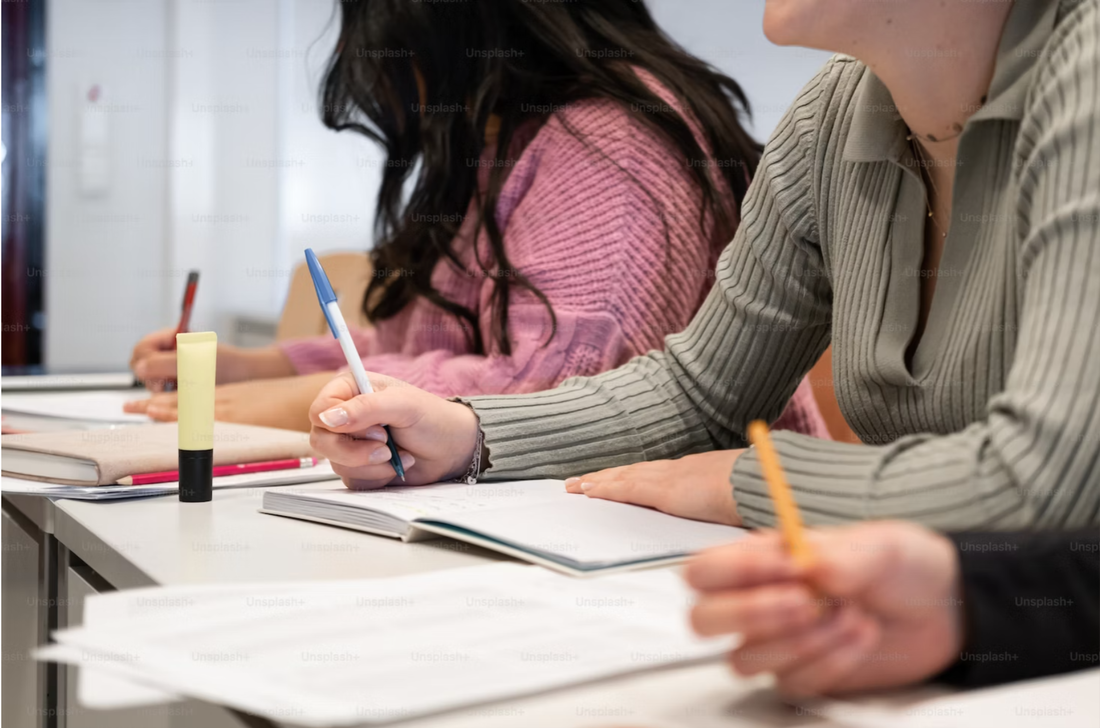


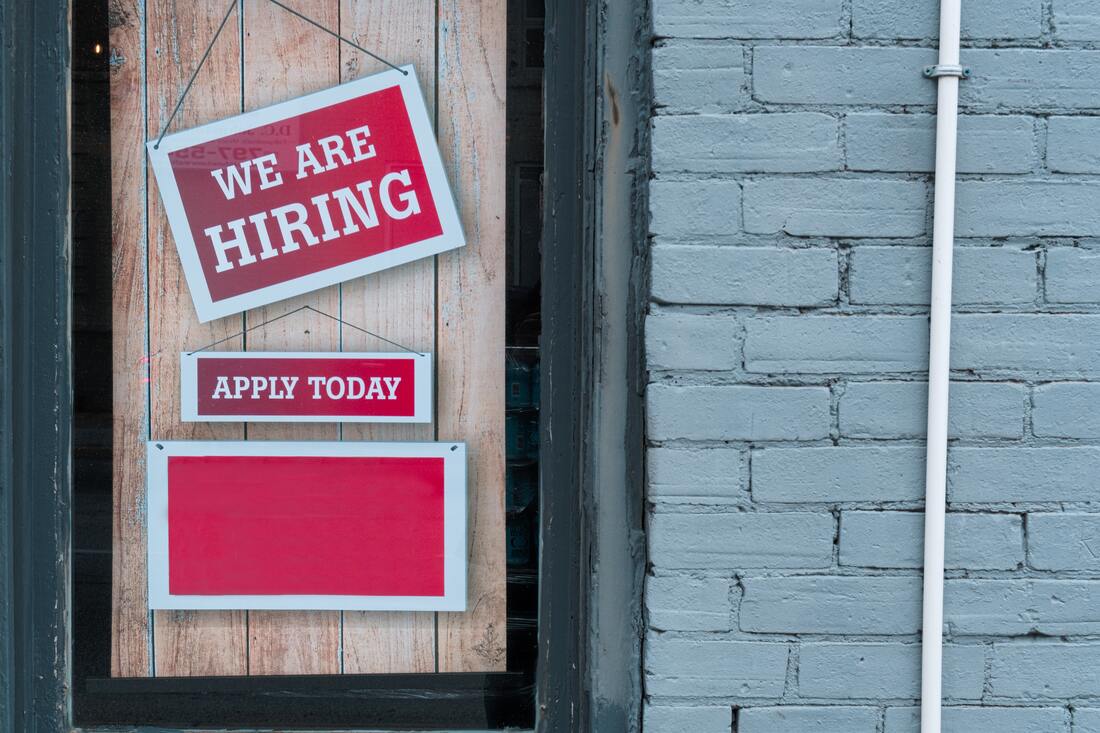







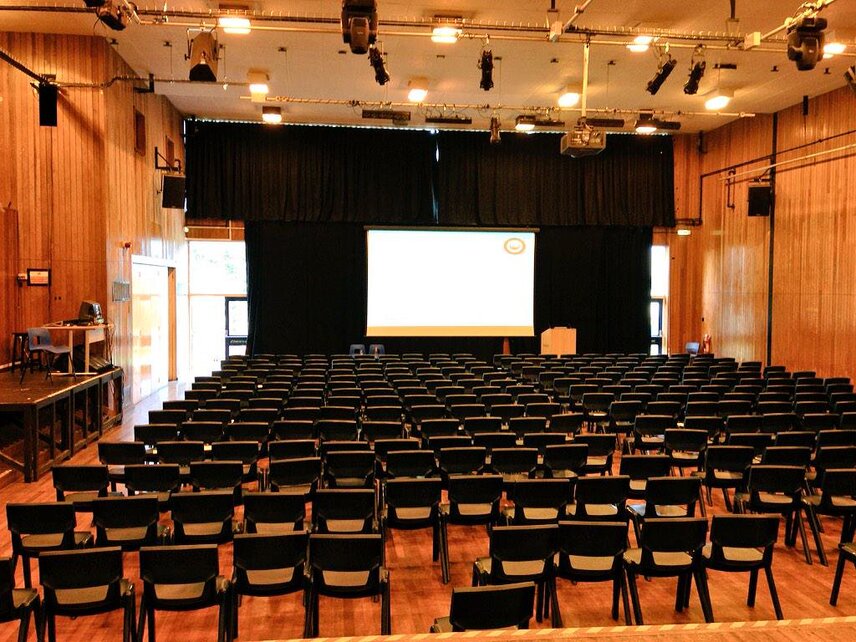
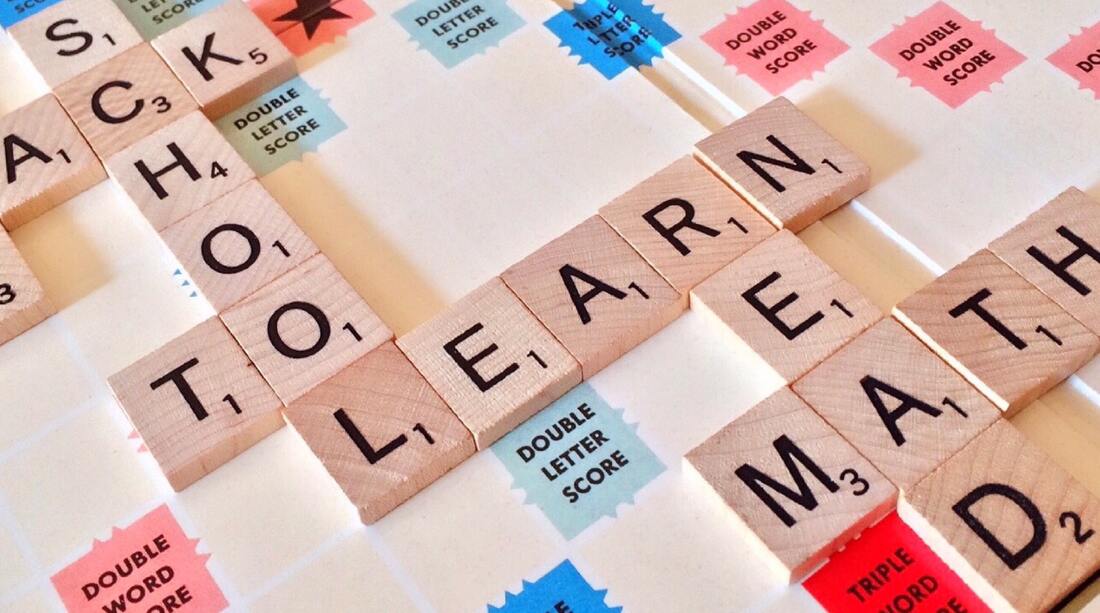








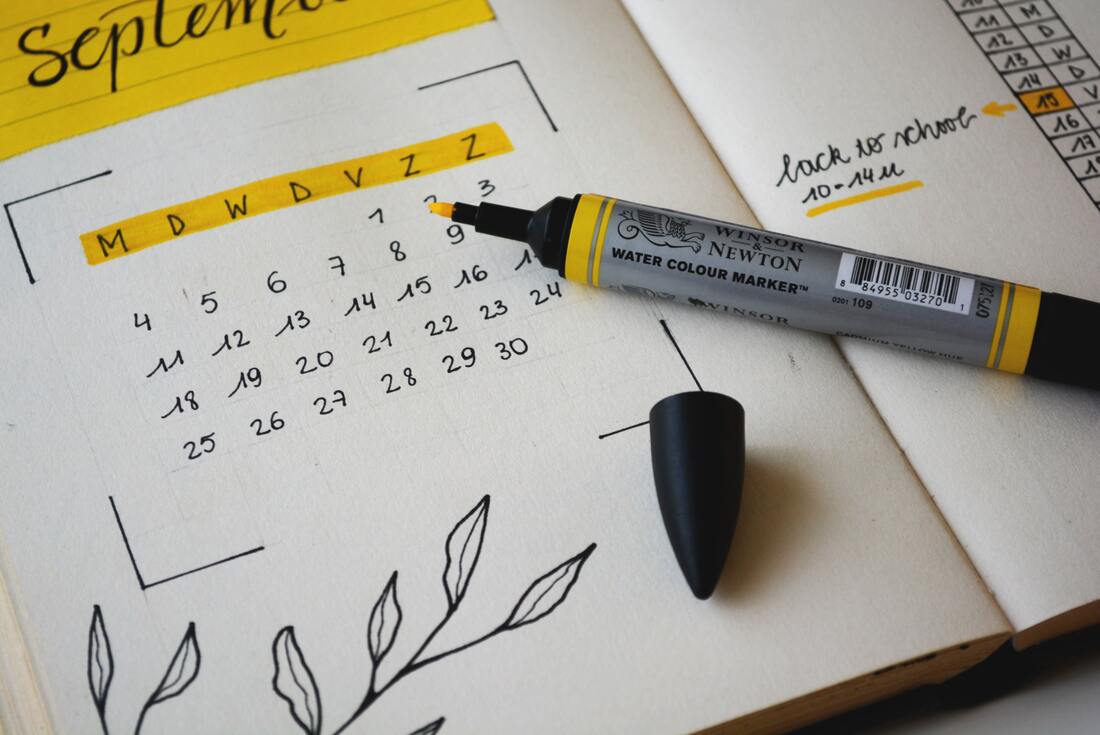
 RSS Feed
RSS Feed